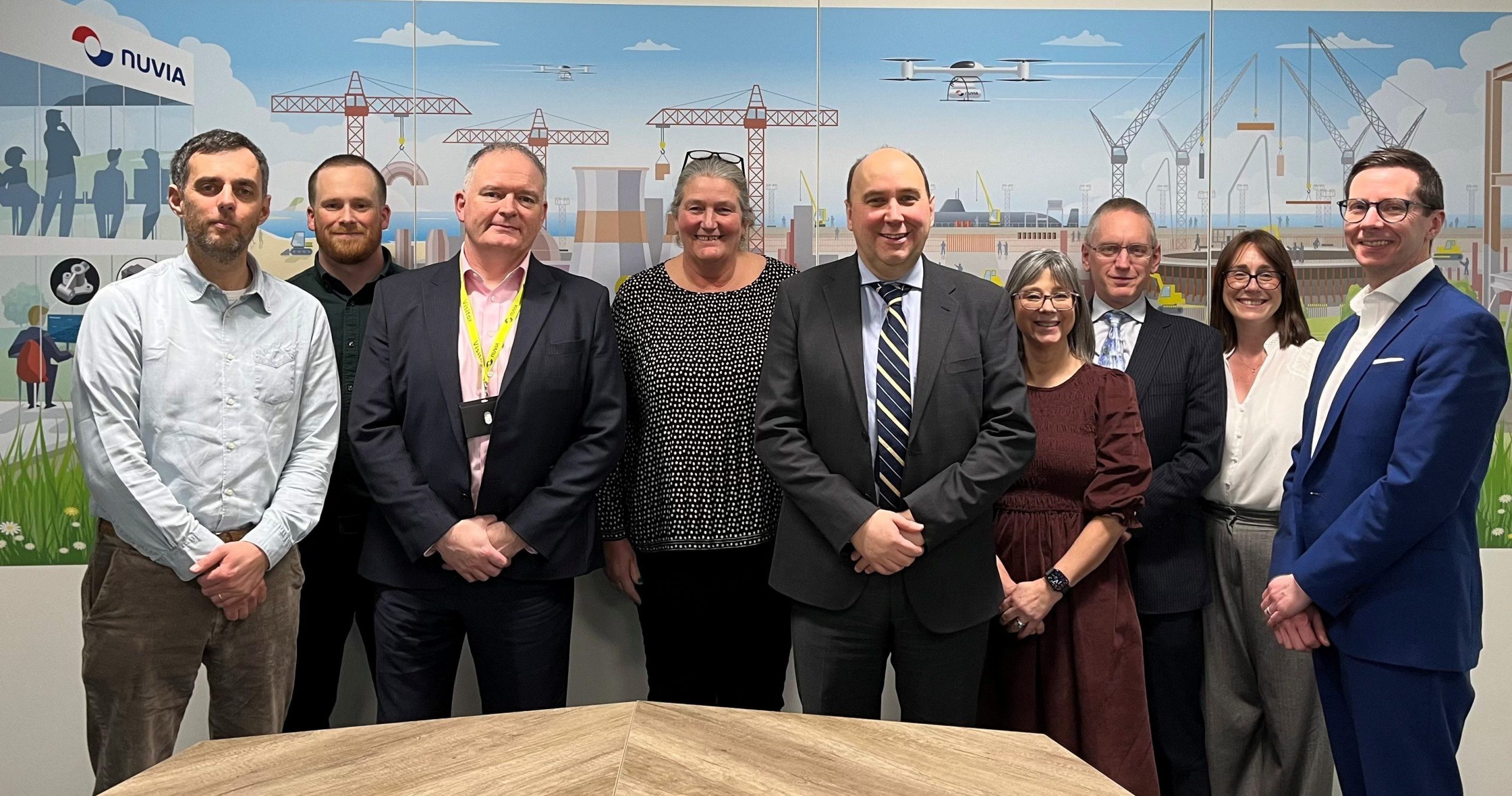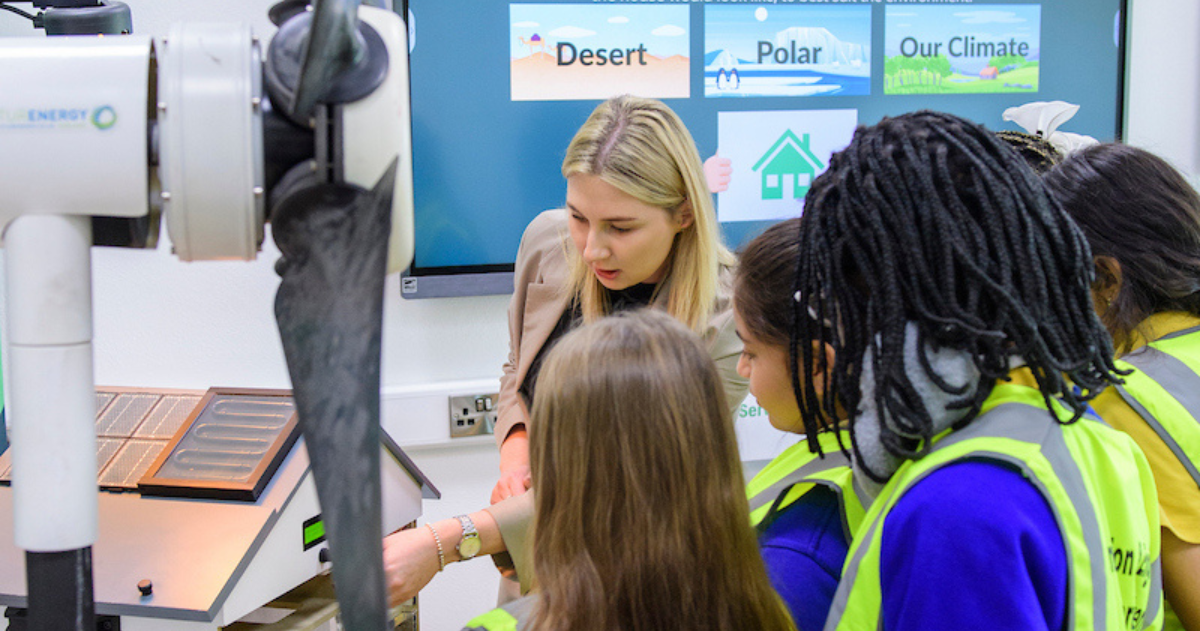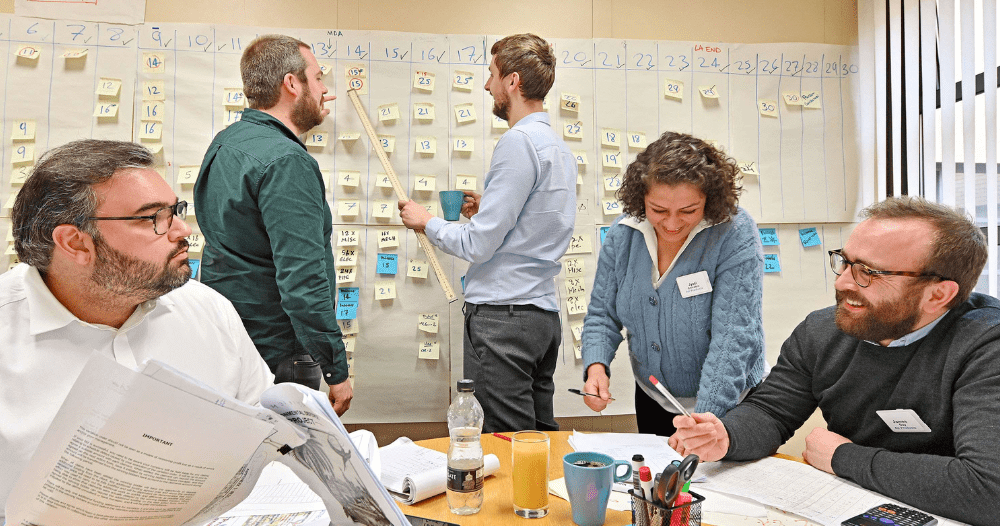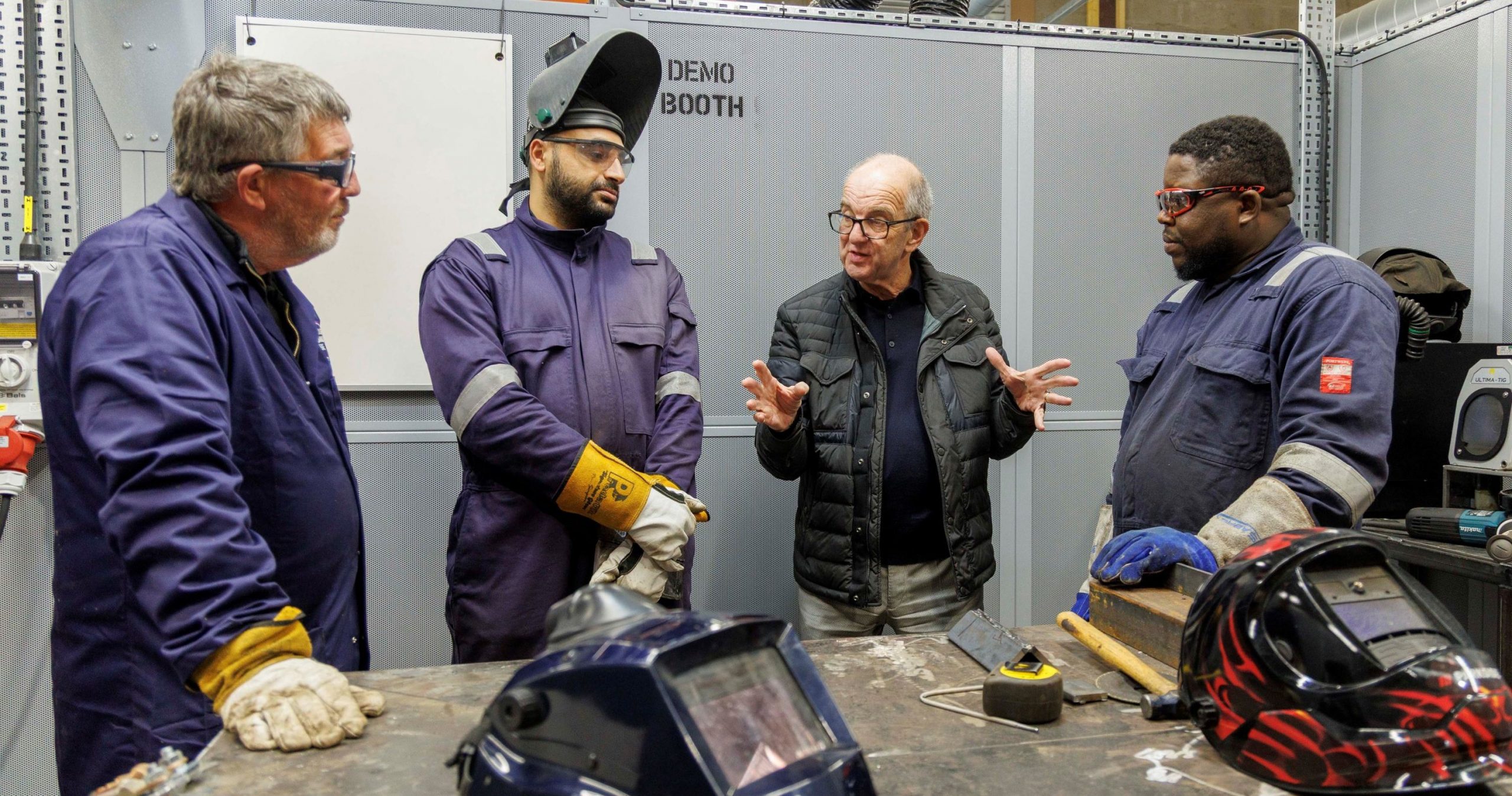In July 2021, the ECITB unveiled an ambitious new vision for the future of engineering skills training: Senior Service Designer, Steve Rick, explains what blended learning is and what it means for the industry.
Events sometimes come along that change our perception on everything around us. They make us ask questions that we might not have asked, or make us think or act differently in our day to day life.
The defining shift in training and workforce development was in 1989 when Sir Tim Berners-Lee introduced the WorldWideWeb. Now we find ourselves in the midst of another seismic readjustment as the world changes in response to the coronavirus pandemic.
The pandemic has been a ‘perception changer’, a flashpoint that has changed our path, most likely not to return to exactly how it was. It has touched us personally and professionally: all industries and sectors have been affected as has workplace development and training. The pandemic has also accelerated other inevitable changes in the engineering construction industry (ECI), not least the growing recognition of the urgency required to decarbonise the energy industry.
As catalysts for change go, the last 18 months has touched every facet of training. It’s not just been impactful, but transformative. We have adopted new practices, new techniques, and new ways of engagement. Many have been small and comfortable, like receiving a piece of advice from a mentor on a screen rather than face to face, or a conversation with a friend or colleague by text. Yet some have been more profound. The need to move from classrooms to virtual room, from in-person chat to chat functions, and socialising to social media.
Throughout the pandemic, the industry has shown its resilience. From nuclear power stations to food processing factories, skilled engineers have adapted their working arrangements and continued to deliver some of the most essential engineering projects in the country. Continuous training and assessment is critical in an industry where safety is paramount. The ECITB and training providers across the country have enabled essential workplace development and training to continue, albeit under new ways of delivery. It may not have been perfect at the beginning, but as time passed many of the benefits of digital delivery have become clear.
We all know that work and learning are intrinsic to each other, but pressures of time, money, location and resource can impact the efficiency and effectiveness of training. However, as we’ve seen in response to the constraints of lockdown and social distancing, greater digital integration allows us to address some of these concerns. Technological solutions to improve remote learning have reduced time off-the-job, a larger selection of training to choose, less travel and the impetus of more frequent learning.
The ECITB has been on a journey of discovery over the last 12 months. We believe there is a middle ground to be found between the old world and the new. As classrooms are allowed to reopen and cohorts are allowed to share the same space, some will look to move back to a more normalised approach to training. We understand and support this, but at the same time, we’ve been given the chance to reset our expectations and develop a new blended approach to the future of engineering skills training, which harnesses the lessons and technological adaptation precipitated by the pandemic.
The idea of ‘blended learning’ is not new. In fact, it’s an approach used as early as 1436, when Johannes Gutenburg invented his printing press and with it inexpensive mass-production of books. Subsequently, rather than a teacher reading from a hand-written book, learners were taught the skill of reading.
We’re a long way from 1436. The information, technology and understanding we have now is astonishing. We are more connected and more aware. We are more attuned to the drivers for development, different approaches and media, and we understand that not every individual learns the same way.
Blended learning is not a ‘big bang’ introduction where everything turns ‘digital’. Far from it. It is a graduated response with a move towards introducing technology to aid learning and development, to impart a simple way to transfer knowledge, through a wide variety of features to combine online educational materials and opportunities with traditional teaching, which still remains relevant and important.
Blended can be a gateway, transforming the accessibility, quality and cost effectiveness of training. It can also encourage new solutions to address key ECI strategic challenges that we face.
Having easy to access summaries of the latest Government policy, literature, articles, videos and courses designed on subjects such as Net Zero and industry 4.0 will support organisations and boardrooms across the world to understand their impacts more quickly, and at different levels that suit their interest.
Blended learning is accommodating too, suiting all levels of learning; it allows individuals to understand content and context at their own speed. It can be more flexible and is more inclusive. It is an offer that can be accessible to all, regardless of social or economic mobility and that supports the differentiation of learning, through different mediums and scenarios. As an employer or provider, it means we can readjust what we want to achieve for our employees or delegates, and that we can facilitate contextual development through continual learning.
We recognise the paradigm shift in training and development has brought into sharp relief the benefits of shifting to a blended approach. Our new blended learning approach, set to launch later in 2021, will offer resilience, versatility and the potential to grow and advance over time, providing measured benefits to the employers, providers and workers who are the bedrock of our industry.
Find out more about the ECITB’s Learning Experience Platform (LXP)





